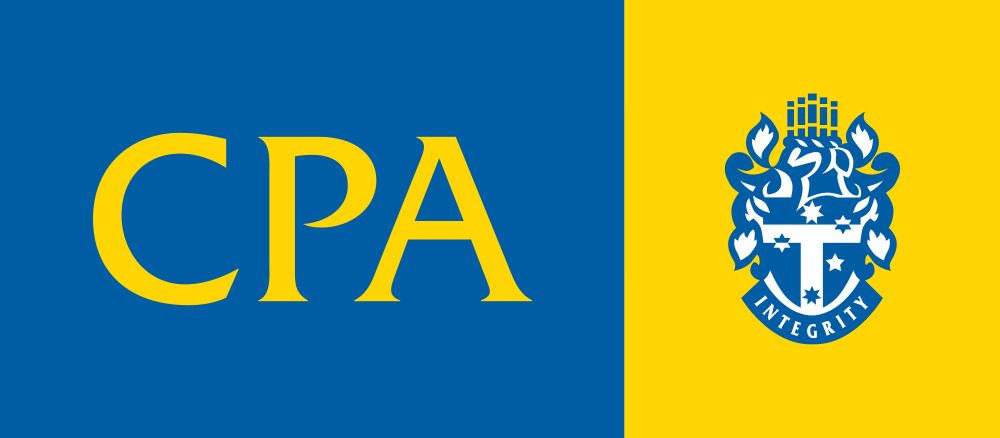Phone: 08 9842 5155
The necessity of cash flow forecasting
Cash flow forecasts are an important tool used to predict the cash position of a business at some point in the future. Business owners are typically quite familiar with budgets or the budgeting process, which are used to show expected income and expenditure over a 12 month period. However cash flow forecasting is much more detailed and spans a longer time frame, making it representative of short and long term business plans. It also allows the business owner to test the financial impact of business decisions before they are made, which is an invaluable capability to have.
So why is it important to plan your business finances and to represent them in a cash flow forecast? The December 2020 Small Business Counts report prepared by the Australian Small Business and Family Enterprise Ombudsman found that from June 2015 to June 2019 on average only 65% of small businesses survived past the four year period. In 2018 the Australian Centre for Business Growth asked 650 CEOs of small and medium enterprise (SME) if they had ever experienced business failure and why the business failed. Of the 134 CEOs who answered yes, 14% said it was due to poor financial management. The only reason for SME failure that scored a higher percentage was inadequate marketing and market research. This demonstrates why it is so important to plan and forecast cash flow to give your business the best chance to grow, thrive and survive.
To prepare cash flow forecasts you will need to consider all income and costs relevant to your business. You might start with reviewing previous years financial performance however you will need to consider all factors that might impact income and costs going forward. If you are a start-up business owner, you will need to base your cash flow forecasts on industry research, market research and the income or costs known or locked in. Some key questions we would ask clients when preparing cash flow forecasts include:
- Was income last year representative of a typical year? Do you expect this sales trend to continue? Were there any unusual sales or income sources that won't continue year on year? For a farming client we need to prepare livestock schedules and consider crop rotations to accurately forecast income.
- Has your rent been recently renegotiated?
- Are your current staffing levels sustainable going forward? Will wages remain the same, increase or decrease? For some businesses with many employees it might even be necessary to forecast wages by person or role to ensure the forecast is accurate.
- What are your payment arrangements for insurance? Do you pay it monthly or in a lump sum? Do you take out insurance premium funding?
- Were your gross profit margins or cost of goods sold margins last year normal? Do you know what the industry benchmarks are and how you are performing against these?
- Were there any overheads last year that were unusually low or high? For example during the COVID pandemic, did you receive electricity credits? Did you receive reduced rent? Did you have to pay wage top ups under JobKeeper?
- What are your business plans for the next five years? Are you planning on changing suppliers, entering new markets, growing sales etc.?
- What do you typically spend per month on capital replacements? This might include store shelving, computers, chairs, desks etc.
- Do you have any major capital expenses planned over the next five years? Do you need a new tractor or car? Does your premises need major upgrades such as roofing or a new carpark?
- What loans do you have, what are the terms of these loans and are you planning on financing any capital expenses?
The timing of the income and expenses discussed above is critical in order to predict a cash balance for your business each month over a three to five year period. As such it is also important that your cash flow forecast also considers things like PAYG withholding, superannuation, GST and income tax, which all have specified payment arrangements.
Once you have gone through this process you will not only have a fairly accurate understanding of your cash needs and your ability to pay bills, but you will also have a better understanding of your business plans going forward. It is also important to review your cash flow forecast regularly (ideally quarterly) to ensure that any changes in your business are reflected, and to monitor any variances in your forecasting against your actuals. If your cash balance looks low at some point in the future you can plan for this, make changes if possible, or contact your bank early to discuss your overdraft needs.
If you would like to discuss cash flow forecasting or the monitoring of your performance against budget please contact our Business Services Advisor Jenna van Nierop on 9842 5155 or by email: Jennav@smiththornton.com.au
Contact Us
Office Location
234 Stirling Tce
Albany, WA 6330
Australia
Postal Address
PO Box 5445
Albany, WA 6332
Australia
Secure Client Login
CPA Australia
 Partner Logo Name
Partner Logo Name
We're proudly partnered with...
 Partner Logo Name
Partner Logo Name
 Partner Logo Name
Partner Logo Name
 Partner Logo Name
Partner Logo Name
